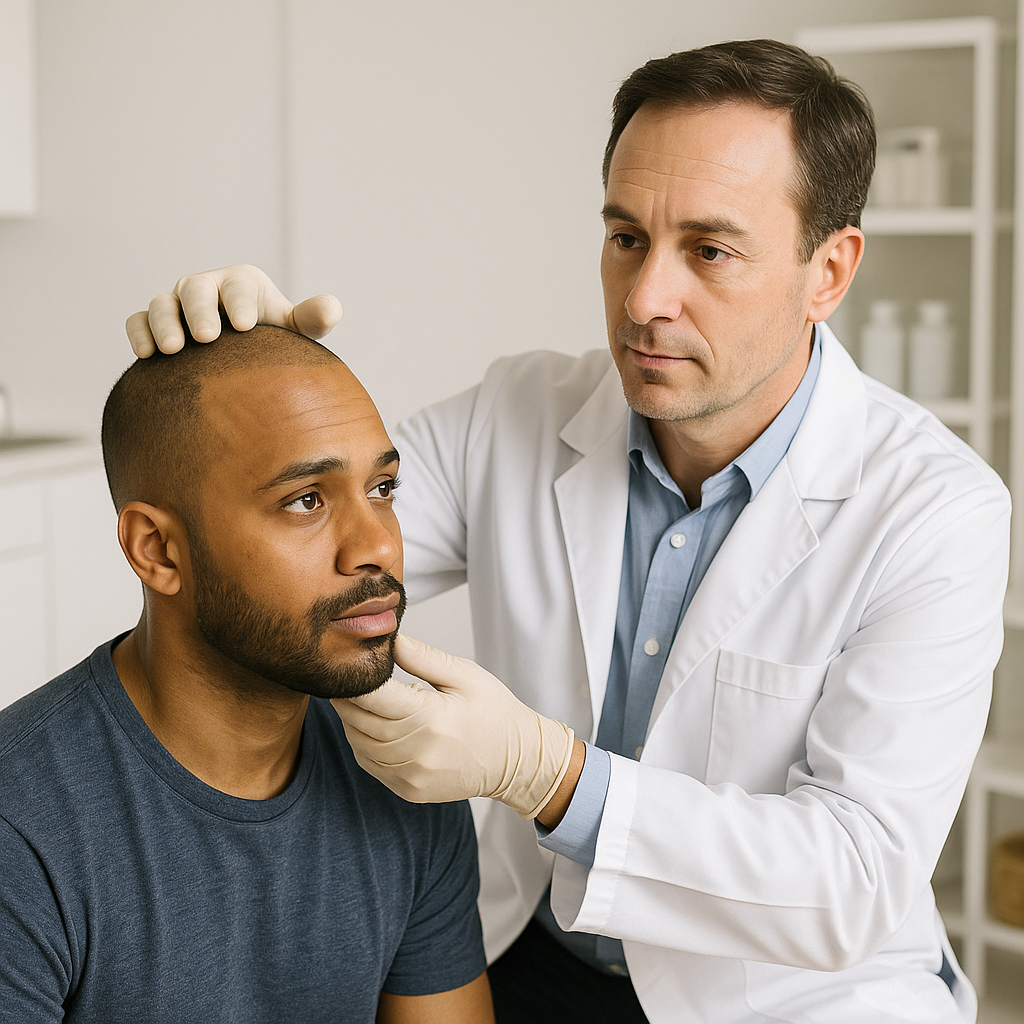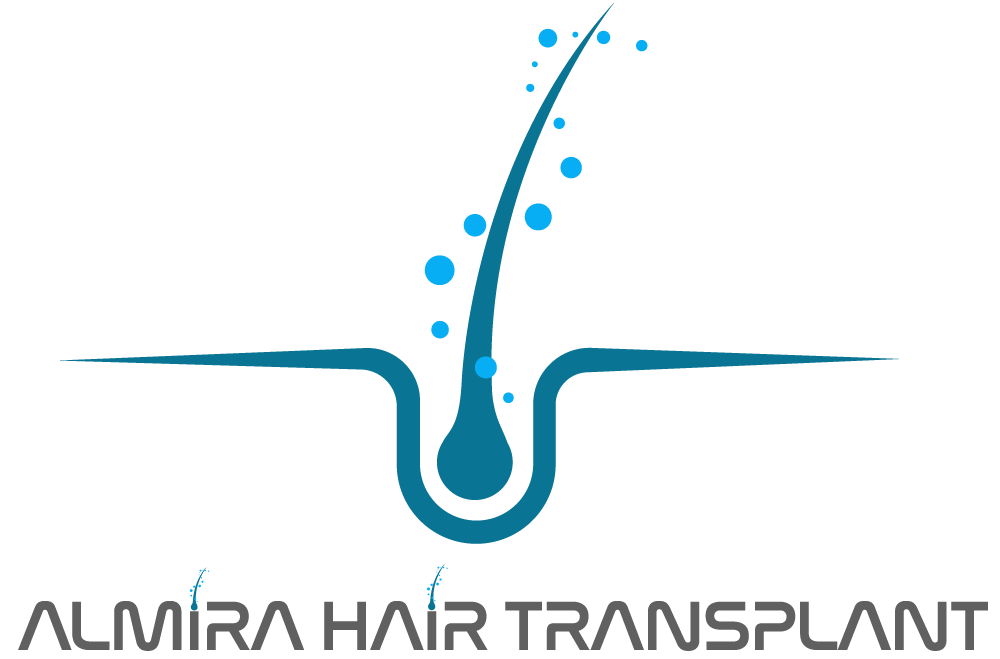Alcohol, Smoking, and Caffeine After Hair Transplant: When Are They Allowed?

Alcohol, Smoking, and Caffeine After Hair Transplant: When Are They Allowed?
A hair transplant can deliver highly successful results when properly planned and supported by a careful post-operative care routine. However, one of the most critical factors influencing success is lifestyle habits after the procedure. In particular, alcohol, smoking, and caffeine consumption can significantly impact healing. So, why are these substances risky, and when can they be safely reintroduced?
The Early Phase: The Tissue Healing Period
The first 10 days following a hair transplant are crucial for the newly transplanted grafts to anchor securely in their new locations. During this period, the scalp is highly sensitive and needs protection.
For the grafts to survive and grow, the following conditions are vital:
-
Proper blood circulation,
-
Efficient oxygen supply,
-
Rapid tissue recovery.
Substances like alcohol, nicotine, and caffeine can disrupt circulation, reduce oxygen levels, and slow cell regeneration, negatively affecting the healing process.
Alcohol Consumption
Why Is It Harmful?
Alcohol thins the blood and interferes with clotting mechanisms. As a result, it can:
-
Increase the risk of bleeding,
-
Prolong the crusting and healing phase,
-
Raise the likelihood of infection and inflammation.
In addition, alcohol dehydrates the body and impairs nutrient absorption, both of which delay recovery.
When Can You Drink Again?
It is generally recommended to avoid alcohol for at least 10 days after the procedure.
-
Alcohol should be strictly avoided while the grafts are still stabilizing.
-
After the 10th day, small and controlled amounts may be consumed — only with your doctor’s approval.
Smoking
Why Is It Risky?
Nicotine constricts blood vessels and reduces oxygen flow to the scalp. This can:
-
Decrease blood circulation to the transplanted follicles,
-
Lower the graft survival rate,
-
Delay wound healing.
In addition, cigarette smoke increases inflammation and can cause skin discoloration or irritation.
When Is It Safe Again?
It is best to refrain from smoking for at least 10–14 days after the transplant.
-
The first week is especially critical for oxygen delivery to the grafts.
-
Complete avoidance during this period significantly improves graft retention and overall results.
Even after recovery, continuous smoking may still weaken hair quality and scalp health.
Caffeine Consumption
Why Should You Be Careful?
Caffeine temporarily increases heart rate and blood pressure, which can:
-
Heighten the risk of bleeding,
-
Prolong the formation of scabs,
-
Interfere with normal recovery.
Common sources like coffee, energy drinks, and strong teas should be limited in the early phase.
When Can You Have Caffeine Again?
It is advised to avoid caffeine for 3–5 days after the procedure.
-
After this period, a small cup of coffee or tea per day is usually safe.
-
High-caffeine beverages such as energy drinks or cold brews should be avoided for at least 2 weeks.
The Importance of Balance and Discipline
The post-transplant period is not only about external care but also internal balance. Healthy daily habits support faster and stronger recovery:
-
Drink plenty of water,
-
Eat nutritious foods,
-
Get enough rest,
-
Avoid stress and excessive sweating.
Temporary avoidance of alcohol, smoking, and caffeine leads to stronger graft survival and better long-term results.
Conclusion
Alcohol, smoking, and caffeine use after hair transplantation directly affect the healing process and overall success of the operation.
-
Alcohol: avoid for 10 days,
-
Smoking: avoid for 10–14 days,
-
Caffeine: avoid for 3–5 days.
Following these simple but essential rules helps ensure the grafts take root properly and the results appear more natural and lasting.
In short, a few weeks of discipline lead to years of satisfaction.


